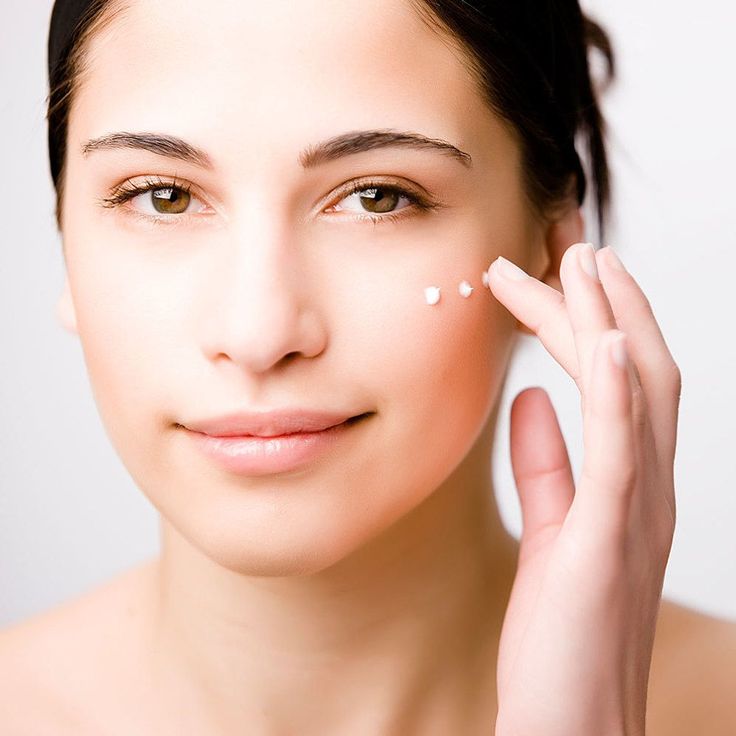1. Understanding Your Skin Type
Before embarking on a skincare journey, it’s crucial to understand your skin type. Skin can be classified into five main types: normal, oily, dry, combination, and sensitive. Determining your skin type will help you choose products and develop a routine tailored to your skin’s specific needs. Normal skin is well-balanced, neither too oily nor too dry, while oily skin tends to produce excess sebum, leading to shine and potential acne. Dry skin lacks moisture and may feel tight or flaky, while combination skin exhibits characteristics of both oily and dry skin. Sensitive skin is prone to irritation and may react negatively to certain ingredients or environmental factors. Identifying your skin type lays the foundation for an effective skincare regimen.
2. Establishing a Consistent Routine
Consistency is key when it comes to skincare. Establishing a daily routine ensures that your skin receives the care it needs to thrive. A basic skincare routine typically consists of cleansing, toning, moisturizing, and sunscreen application. Cleansing removes dirt, oil, and impurities, while toning helps balance the skin’s pH levels and tightens pores. Moisturizing replenishes hydration and locks in moisture, while sunscreen protects against harmful UV rays, preventing premature aging and reducing the risk of skin cancer. Tailor your routine to address specific concerns, such as acne, aging, or hyperpigmentation, by incorporating targeted treatments and serums. Consistently following a skincare regimen will yield noticeable improvements in the overall health and appearance of your skin.
3. Choosing the Right Products
With countless skincare products flooding the market, selecting the right ones for your skin can be overwhelming. It’s essential to prioritize quality over quantity and choose products formulated with safe, effective ingredients. Look for cleansers that are gentle and non-stripping, preferably with a pH-balanced formula suitable for your skin type. Opt for toners free of alcohol and harsh astringents, opting instead for hydrating and soothing ingredients like hyaluronic acid or witch hazel. When selecting moisturizers, consider your skin type and any specific concerns, such as dryness, acne, or sensitivity. Sunscreens should offer broad-spectrum protection and have an SPF of at least 30. Incorporating targeted treatments, such as serums or acids, can address specific issues like acne, hyperpigmentation, or fine lines. Consulting with a dermatologist or skincare professional can help guide your product selection and ensure optimal results.
4. Prioritizing Skin Health from Within
While skincare products play a vital role in achieving healthy, radiant skin, true beauty begins from within. A balanced diet rich in fruits, vegetables, lean proteins, and healthy fats provides essential nutrients that support skin health. Antioxidant-rich foods like berries, leafy greens, and nuts help combat free radical damage and inflammation, promoting a clear complexion and youthful glow. Hydration is also key, as adequate water intake keeps the skin hydrated and plump. Additionally, getting enough sleep is crucial for skin regeneration and repair, allowing your skin to rejuvenate overnight. Managing stress through relaxation techniques like meditation or yoga can prevent stress-related skin issues such as breakouts or flare-ups. By prioritizing holistic wellness, you’ll nourish your skin from the inside out, enhancing its natural beauty and resilience.



